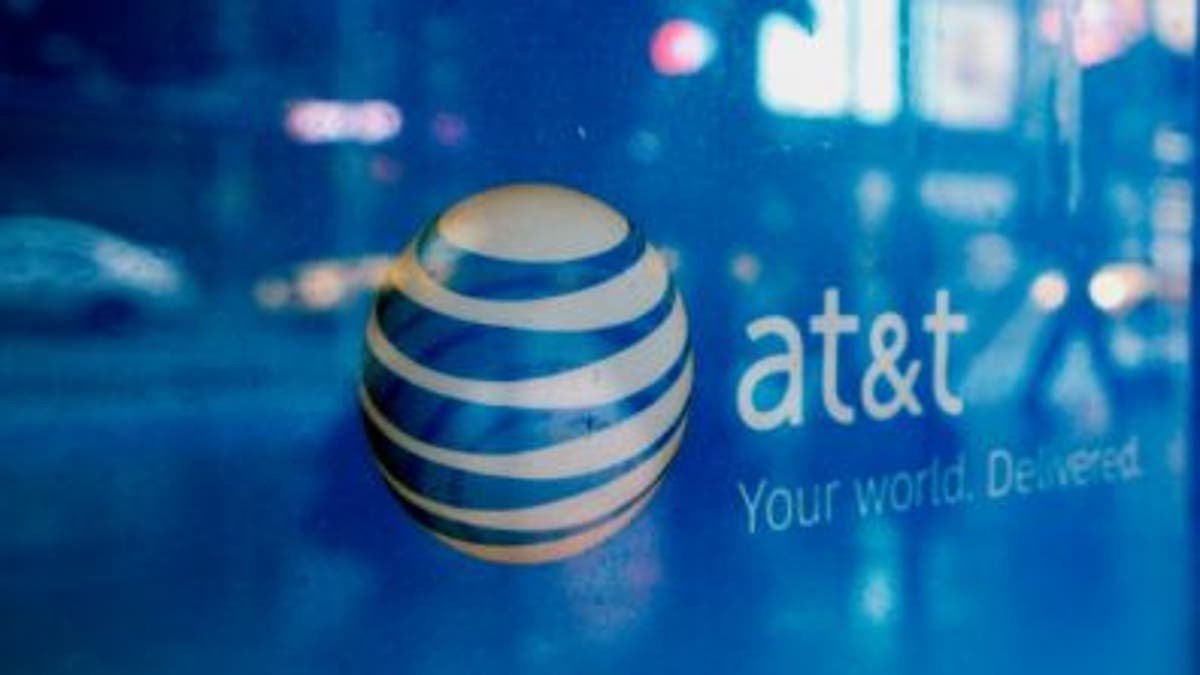
(Reuters)
Cell phone owners rejoice! Last week, the Department of Justice announced it would sue to block AT&T's proposed $39 billion merger with T-Mobile. And that is a very good thing—for consumers, for other carriers, for T-Mobile, and even for AT&T.
Granted, T-Mobile and AT&T, the number four and number two mobile carries in the U.S., have both made official statements saying they would fight the move in court. They'll have a tough time convincing anyone that this is a good deal.
The Justice Department said the merger would decrease competitiveness, hurt consumers, and result in fewer innovative products. An examination of the marketplace would seem to show that the government has a slam dunk case.
Right now, users save $20 to $50 a month by choosing T-Mobile over AT&T and Verizon (the number one carrier), according to Consumer Reports. Indeed, AT&T has been curtailing services—eliminating the unlimited data plans, for example—and increasing prices, such as charging 20 cents for a text message. And it remains one of the most expensive carriers in the U.S. in the growing smartphone arena.
Deciphering cell phone plans in the U.S. is a black art, but a careful look at a typical plan shows how expensive mobile service is. If you don't want to get nickel and dimed to death, AT&T offers an unlimited voice, text and 2GB of data for $114.99 a month. If you exceed the monthly 2GB data limit, AT&T will charge you an additional $10 a month per GB (and data doesn't roll over like voice minutes).
The annual cost to the consumer: a whopping $1,379.88 -- assuming you never buy a phone app or subscribe to any other special services.
On the other hand, T-Mobile has unlimited text, talk and data for $79.99 a month. It doesn't charge extra for more data usage, but it will slow your connection if you exceed 2GB within a month. Total annual cost: just $959.88, $420 less than AT&T.
If AT&T and T-Mobile become one, which pricing plan do you think the new company will adopt?
Breaking up the deal is also good for smaller wireless firms, and they know it. Sprint has been downright gleeful.
“Sprint applauds the DOJ for conducting a careful and thorough review and for reaching a just decision—one which will ensure that consumers continue to reap the benefits of a competitive U.S. wireless industry,” the company said in a statement. Certainly Sprint has had its missteps in trying to deliver 4G network speeds to consumers, but it keeps trying, and innovating, and offering some of the most competitive plans through its subsidiaries, such as Boost Mobile.
Boost Mobile has a $50 unlimited plan, for example. But the choice of phones is limited, it uses a 3G network (as does the iPhone), and the company doesn't subsidize the phones to the same degree as larger carriers. Still, the annual cost is just $600—$359.88 less than T-Mobile, and a stunning savings of $779.88 compared to AT&T.
Ending the deal is also a good thing for T-Mobile. It's made a reputation on delivering less expensive service while still offering state-of-the-art phones. It was the first to sell an Android phone, for example, and one of the first to push for Wi-Fi on smartphones in the U.S. (saving consumers money once again by providing less expensive Internet access). If it becomes part of a bigger company, that's one less innovator and one less competitor in the market.
Killing the deal is also a good thing for AT&T. We all know from experience what happens when one or two companies dominate a market: Quality suffers and prices go up. Right now, AT&T needs to focus on building rather than buying. It's got the customers, it's got the iPhone, but it's got to do better. A multi-billion-dollar merger is a distraction from its real business.
A court battle could easily take years. So even if AT&T somehow managed to prevail, by the time the legal fisticuffs concluded the wireless space could look completely different from how it appears now. For example, analysts at Morgan Stanley predict that by 2015, more people will access the Web on a mobile device than on a desktop computer. In Japan, some 90 percent of wireless traffic is said to be data traffic.
Ultimately, whoever controls the wireless space will control the flow of information, how much we pay for that information, and where we can get that information. Having that kind of control in the hands of just a couple of companies doesn't seem like a good idea.
Follow John R. Quain on Twitter @jqontech or find more tech coverage at J-Q.com.








































